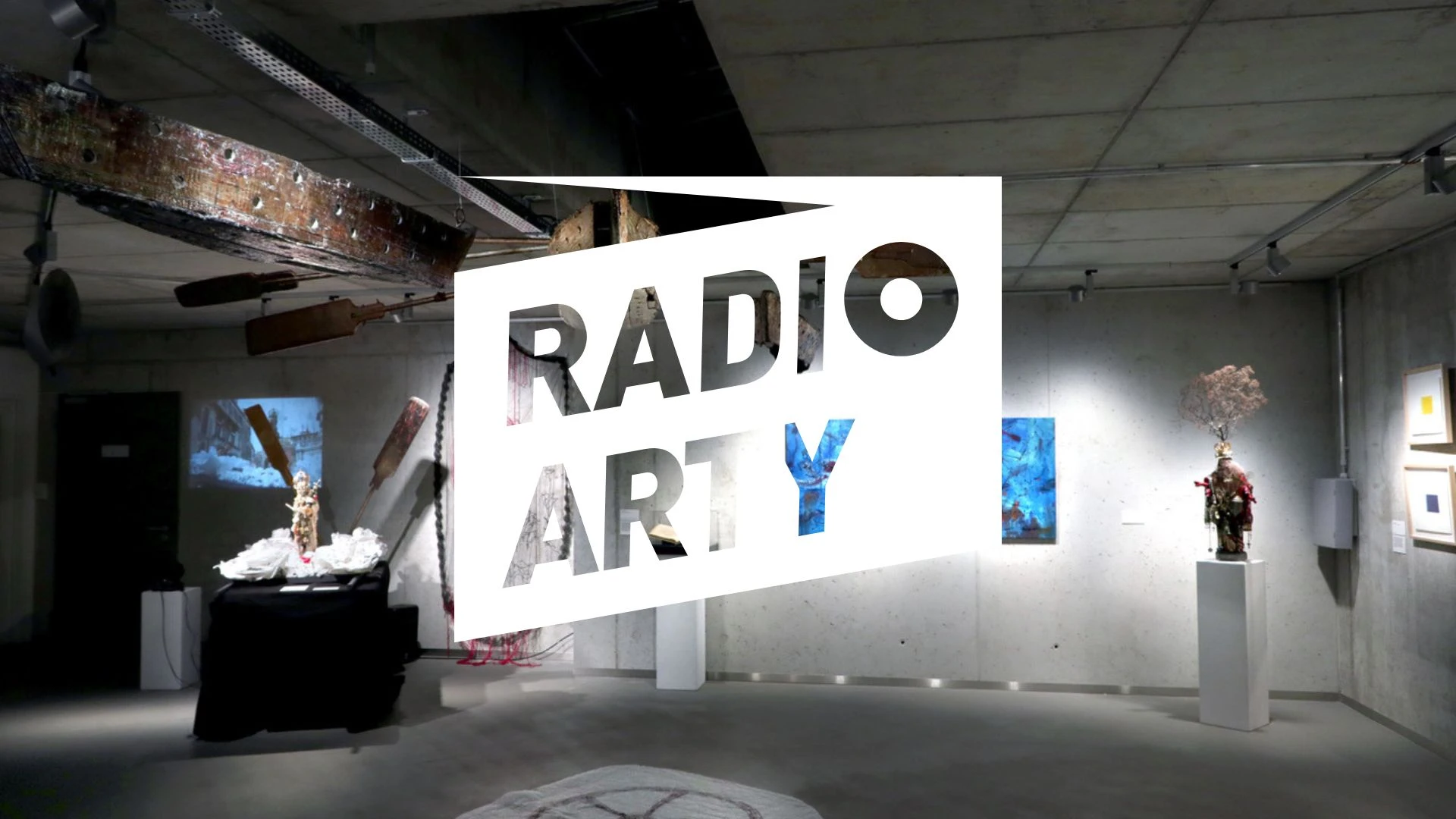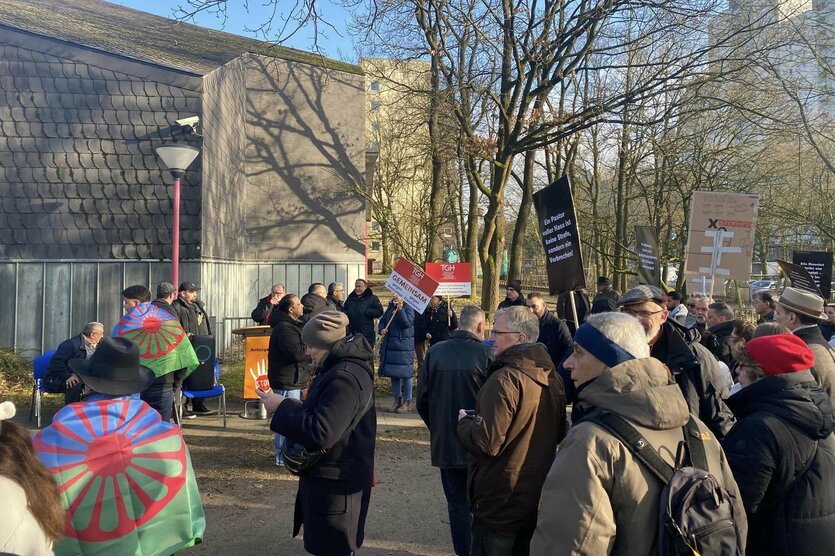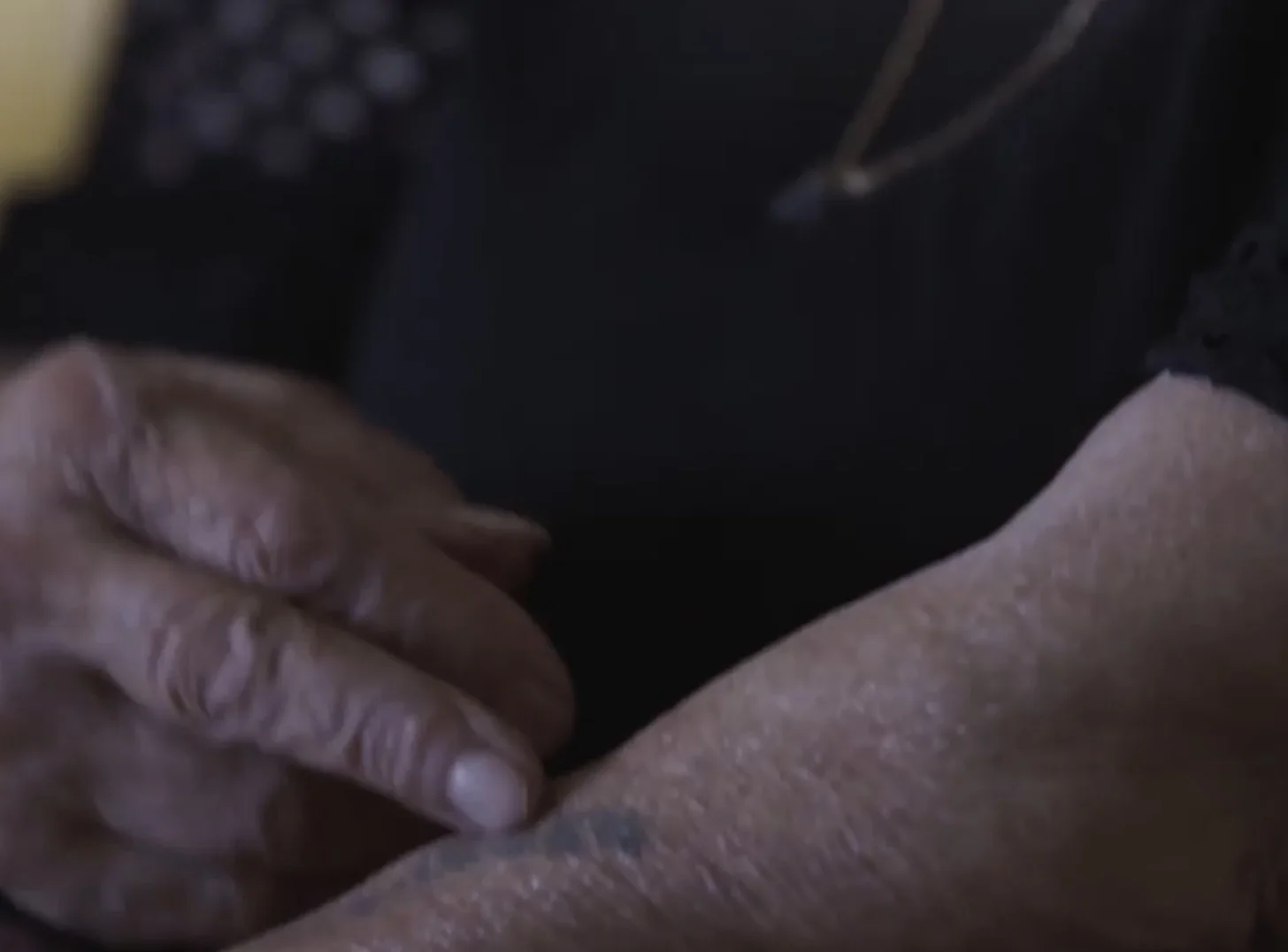Meier (2014) reports on open agitation against Rroma in a Facebook group from Duisburg. A user posted a wanted poster with a blurred photo, in which he claimed that two dark-haired, veiled women had tried to abduct a child. The offenders are Rroma, the initiator suggested. However, according to the police, theses accusations are unfounded: “The police sees the story, which reproduces the century-old stereotype of child-abducting “gypsies”, as invented. Nevertheless, the Facebook does not fail its purpose: “to Auschwitz”, “rape them”, “to the gas chamber”, these are comments under the “wanted poster”. It was shared about 6,000 within a few days, spread by other users. A stupid conflagration of hatred, having no consideration for the law, logic or spelling.” Meier sees the many affirmative responses to the inflammatory posting as a symptom of general, increasing xenophobia in Duisburg, that is not directly only towards, but in particular against Rroma. The inflammatory facebook group was in the meantime taken offline and an investigation for demagoguery was started. The accusations were not without impact, as the many supportive comments on the social network show, as well as similar expressions at town hall meetings. They stand in a tradition of negative stereotypes, which have been spread about the Rroma for centuries: already in the Middle-Ages, the minority was accused of abducting and trafficking children. It is thought provoking that these allegations still find so much response. In Germany, according to the Rroma Foundation, there are an estimated 110,000 to 130,000 Rroma. The majority are well integrated, work, send their children to school and live in apartments.
- Meier, Marcus (2014) Digitale Menschenjagd in Duisburg. In: Neues Deutschland online vom 23.9.2014. http://www.neues-deutschland.de/artikel/946779.digitale-menschenjagd-in-duisburg.html







